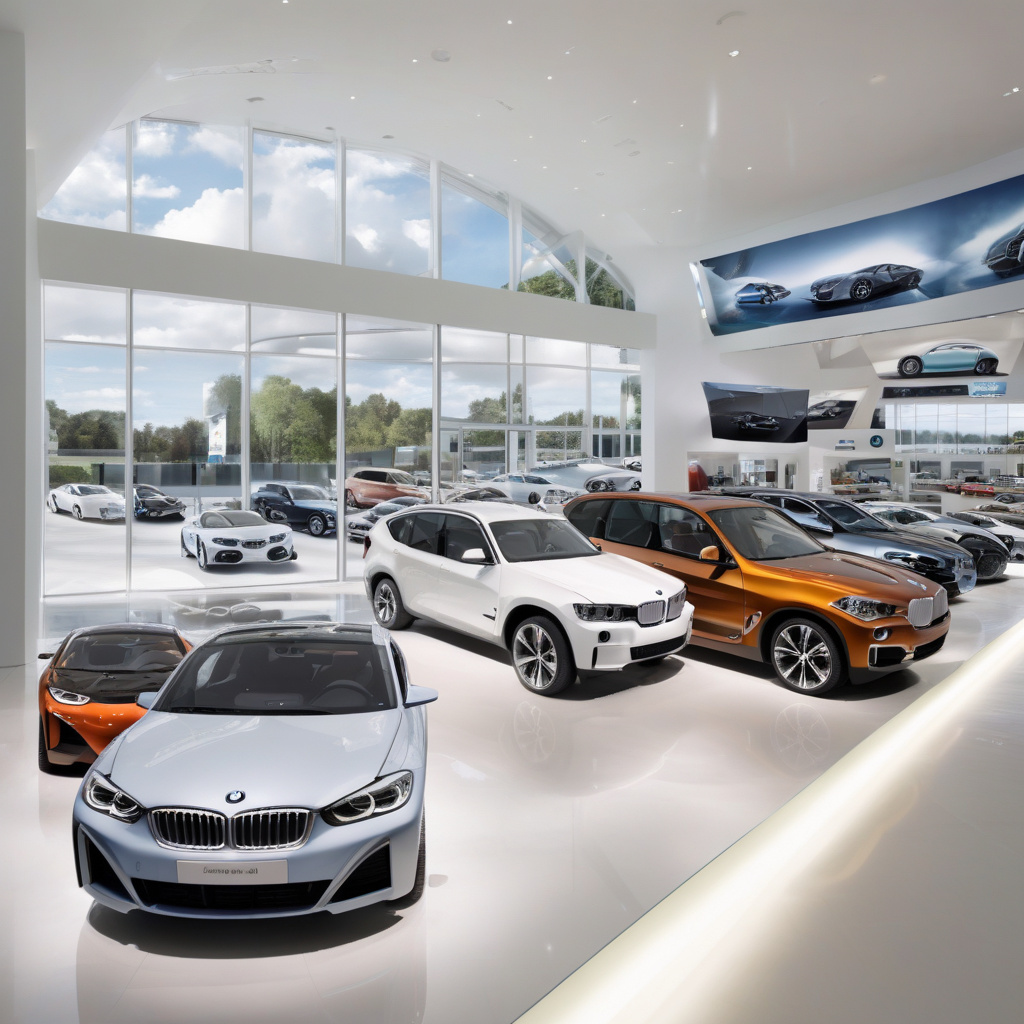In a fascinating twist amid the electric vehicle (EV) surge, BMW’s recent pivot towards investing in internal combustion engines has raised eyebrows in the automotive industry. Despite the EV “rollercoaster” currently sweeping the United States, BMW’s strategic move showcases a nuanced approach to the evolving automotive landscape. While it may seem counterintuitive at first glance, delving deeper into the numbers reveals a calculated decision by the German automaker.
Currently, approximately 17 percent of BMW’s sales are electric vehicles, with an additional 7 percent constituting hybrids. This significant proportion of EVs and hybrids in BMW’s sales portfolio underscores the company’s commitment to sustainable mobility. However, the decision to bolster investments in internal combustion engines alongside this impressive EV sales figure may appear perplexing to some observers.
At the same time, BMW’s move highlights a pragmatic approach to catering to diverse consumer needs. While EVs are undoubtedly the future of the automotive industry, internal combustion engines continue to play a vital role in the present market. By balancing their investments between EVs and internal combustion engines, BMW aims to meet the varying demands of consumers while also ensuring a smooth transition towards a more sustainable future.
This nuanced strategy aligns with BMW’s long-term vision of sustainability and innovation. By investing in both EVs and internal combustion engines, BMW demonstrates a commitment to technological advancement across multiple fronts. This diversified approach not only future-proofs the company against industry fluctuations but also positions BMW as a versatile player in the rapidly changing automotive landscape.
Furthermore, BMW’s investment in internal combustion engines does not signify a step back from their EV initiatives. On the contrary, it represents a strategic move to maintain a competitive edge in the market while simultaneously expanding their electric vehicle offerings. By striking a balance between tradition and innovation, BMW showcases a forward-thinking mindset that adapts to the evolving needs of consumers.
In conclusion, BMW’s decision to invest in internal combustion engines amidst the EV “rollercoaster” in the US underscores the company’s strategic acumen and adaptability. By maintaining a strong foothold in both traditional and emerging technologies, BMW positions itself as a key player in shaping the future of mobility. As the automotive industry continues to evolve, BMW’s approach serves as a blueprint for navigating the complexities of a rapidly changing market landscape.

